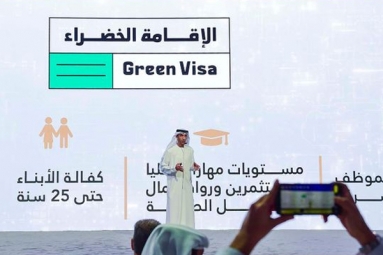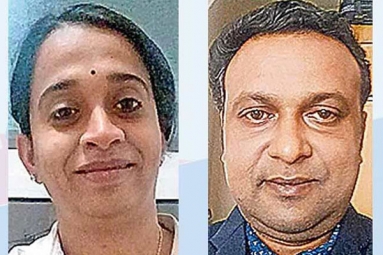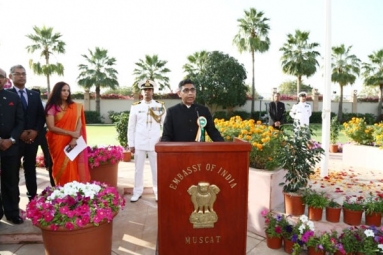
(Image source from: The Financial Express)
Dubai Startup Hub, an initiative of Dubai Chamber of Commerce and Industry, is all set to turn a global innovation hub for the next generation technologies, wooing entrepreneurs from India with $100 million start-up fintech fund.
The hub is looking at grooming start-ups in emerging technologies such as blockchain, artificial intelligence (AI) and data analytics for providing solutions to improve the local economy.
“Dubai has become more a testbed for new age technologies like blockchain, AI, smart city solutions and the likes with more Indian start-ups entering the Dubai market in recent years, constituting over 30 percent of the total start-up community,’’ said Natalia Sycheva, manager, entrepreneurship department of Dubai Chamber of Commerce. “When we decided to launch the program of attracting overseas start-ups here, naturally the first choice was India, as 30 percent co-founders of our Dubai Startup Hub have Indian origin,” she said.
Incidentally, the Dubai International Financial Centre (DIFC), the financial hub in the Middle East, Africa and South Asia (MEASA), has partnered with The Indus Entrepreneurs (TIE), Mumbai, the world’s largest non-profit entrepreneurial organization, to help Indian fintech start-ups scale up their businesses across the region.
“The comprehensive DIFC fintech ecosystem includes two highly successful accelerator programs run by DIFC FinTech Hive and Startupbootcamp, a $100-million fintech fund, subsidized licensing options, fit-for-purpose regulation and access to a financial community of over 2,100 regional and global institutions, of which more than 80 are fintech-related companies,” Natalia Sycheva said.
Dubai’s stimulus measures are part of a comprehensive plan to improve the ease of doing business.
Trade, tourism, aviation, and real estate are the main sectors where new initiatives are being implemented for start-ups to deploy newer solutions to ease business.
According to Dubai Innovation Index, Dubai ranked 14th among 30 global cities outperforming major business hubs such as Berlin, Madrid, Shanghai, and Sau Paulo.
“We have a strong focus on India and we realize how our incubators will benefit from Indian talent,” she said. These start-ups can bring innovative solutions in e-commerce, construction, logistics and retail sectors.
Further, as part of its efforts to support Dubai’s smart city vision, Dubai Chamber has launched the Digital Silk Road project in partnership with Dubai Future Foundation, which aims to use blockchain technology to increase the transparency of supply chains, thus enhancing the global trade system.
On the trade front, from $180 million in two-way trade in the 1970s, the UAE-India trade relationship now amounts to approximately $57 billion in annual receipts.
India is now the UAE’s largest trading partner, and the UAE is India’s third largest. Bilateral trade between the two countries is expected to cross $100 billion by 2020. The UAE has traditionally been the largest source of remittances to India, accounting for upwards of 25 percent of the latter’s total annual collections.
Businesses founded and run by Indians are among the most active in the UAE. Indians also number among some of the UAE’s most prominent and successful business founders as well as billionaires including BR Shetty (NMC Healthcare and UAE Exchange), Aster DM Healthcare (Dr. Azad Moopen), Sunny Varkey (GEMS Education), and MA Yusuff Ali (Lulu Group International).
In the meantime, Dubai has won the bid to host the 2020 World Expo commencing on October 20, 2020. Expo 2020 Dubai coincides with the UAE’s 50th anniversary in 2021, marking an important milestone for the UAE.
Historically, Dubai was called Al Wasl, or the “Connection”, because of how it connected people from all over the region.
By Sowmya Sangam



















